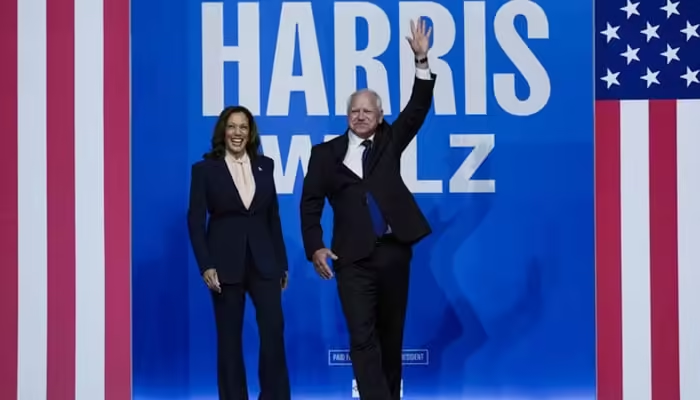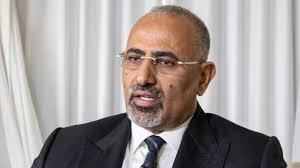Tim Walz, the vice presidential candidate from the Democratic Party, has made headlines not only for his political candidacy but also for his pointed remarks about former President Donald Trump. After announcing his candidacy, Walz explained his rationale for repeatedly calling Trump “weird” and elaborated on his concerns regarding Trump’s impact on women’s rights and constitutional freedoms.
In the upcoming presidential election, U.S. Democratic presidential candidate Kamala Harris has selected Minnesota Governor Tim Walz as her running mate. Walz’s selection brings a blend of experience and progressive values to the Democratic ticket. A former teacher and Army National Guard member, Walz also served as a six-term member of Congress. His background positions him as a leader who understands both military and educational sectors, which could appeal to a broad spectrum of voters.
Tim Walz is known for his progressive and environmentalist stance, and he has garnered significant support from white working-class rural voters. His policy positions and advocacy work resonate with this demographic, making him a favorable candidate in regions where the Democratic Party has struggled in recent years. As a vice-presidential candidate, Walz’s role is critical in bolstering the Democratic ticket’s appeal across diverse voter bases.
Walz’s outspoken critique of Donald Trump has captured public attention. He recently explained the reasons behind his decision to label Trump as “weird.” Walz asserted that his comments stem from a broader concern about Trump’s potential policies and their implications for the American public. “My point was that people are saying that Trump is going to put women’s lives at risk, and that’s 100 percent true,” Walz remarked. His statement reflects a deep-seated worry about the former president’s stance on women’s rights and health care.
Walz went on to elaborate on his fears that Trump might undermine constitutional freedoms, particularly in the context of voting rights. “Trump is probably going to take away the constitutional freedoms we have in voting,” he stated. This concern aligns with widespread apprehension among Democrats and civil rights advocates who have criticized various voting restrictions and policies endorsed by Trump and his supporters.
The vice-presidential candidate emphasized the gravity of these potential threats, saying, “I think there is a real possibility that all of these actions will happen.” Walz’s remarks underscore a sense of urgency and the belief that Trump’s influence could have far-reaching consequences on American democracy and individual rights. By articulating these concerns, Walz aims to rally voters who share his apprehensions and to highlight the stark contrasts between the Democratic and Republican candidates.
Walz’s direct approach in addressing these issues also serves a strategic purpose. By focusing on the potential dangers of a Trump presidency, he seeks to galvanize support from voters who may be undecided or disillusioned with the current political climate. His statements are designed to underscore the stakes of the upcoming election and to present the Democratic ticket as a safeguard against the perceived threats posed by Trump.
As the election campaign progresses, Walz’s role as a vice-presidential candidate will involve not only advocating for the Democratic platform but also addressing key concerns that resonate with the electorate. His experience as a former congressman and governor provides him with the credentials to speak on a wide range of issues, from environmental policies to military affairs.
Tim Walz’s candidacy as the Democratic vice-presidential nominee brings a wealth of experience and a commitment to progressive values. His critique of Donald Trump, particularly regarding women’s rights and constitutional freedoms, reflects his broader concerns about the direction of American politics. By articulating these issues, Walz aims to mobilize support and underscore the importance of the upcoming election. His role in the Democratic ticket is pivotal in appealing to diverse voter bases and addressing the critical issues facing the nation.



